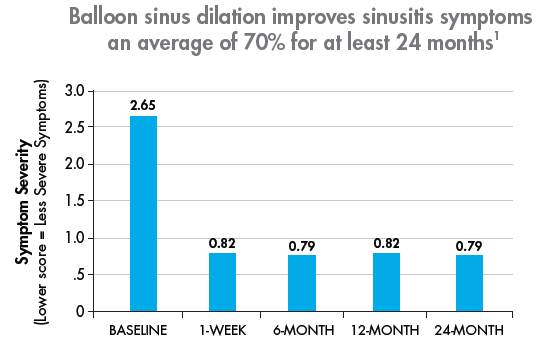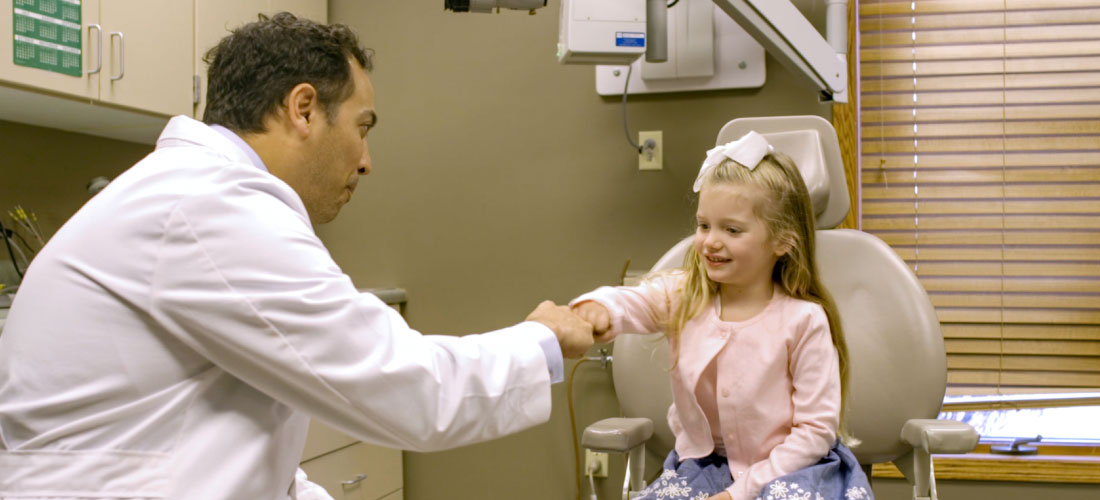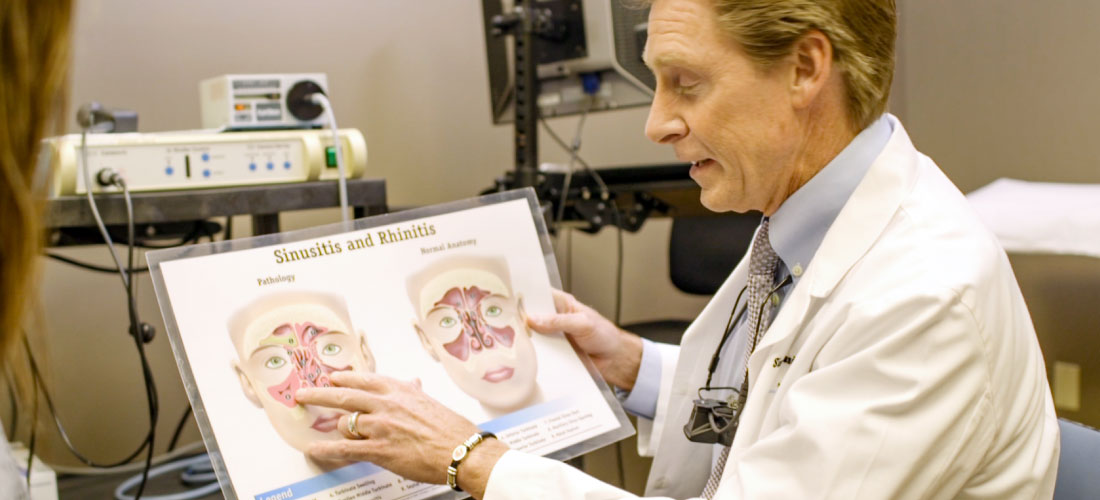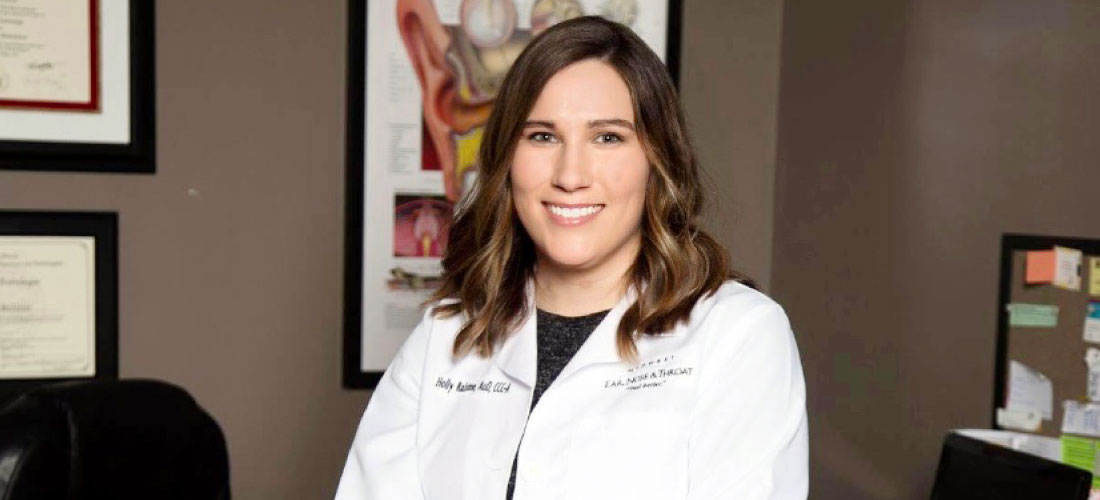Hearing loss doesn’t just mean someone needs to turn up the TV or ask “Can you repeat that?” It has also been linked to an increased risk of dementia.
The doctors at Midwest ENT & Allergy know parents have concerns when their child seems to be suffering. Dr. Todd provides answers to six common questions parents have when it comes to testing kids for allergies
Allergies and Allergy Symptoms
The word allergy is synonymous with hypersensitivity. Being allergic basically means that your immune system works too well – and you react to substances in the environment that don’t affect others. This hypersensitivity can begin at any time in your life, and often follows a heavy exposure to a specific allergen. Once an allergy begins, your immune system is on heightened alert and sensitivities can spread to other allergic substances, or even to chemicals and fragrances. Allergies are an underlying problem for up to half the patients in our clinic.
Allergic substances affect your body primarily by being either inhaled or ingested. Less often they can affect you through your skin, by either simple contact (jewelry or poison ivy) or by injection (an intravenous medication or a bee sting). The upper respiratory tract, particularly the nasal and sinus passages, is the most frequent target for any allergy. Allergies can cause a myriad of problems, such as:
- nasal congestion
- fatigue
- itchy, watery eyes
- runny nose
- recurring sinus infections
Midwest ENT & Allergy offers many options for treating allergies, from medicine, to immunotherapy, to surgery.
Allergy Center
Midwest ENT & Allergy is focused exclusively on nasal, sinus and allergy problems. We have board certified ear, nose and throat surgeons with residency training and fellowship accreditation in allergy and sinus surgery. We are on the cutting edge of technology for the diagnosis and treatment of all allergies, in children and adults.
We offer the following allergy services to our patients:
- Allergy skin testing and treatment
- Allergy blood testing and treatment
- Allergy shots
- Allergy drops
- Full service allergy lab on site for quick diagnoses
- Walk-in allergy shot clinic (no appointments necessary)
- Allergy outreach clinics in several regions for your convenience
Allergy
 Midwest ENT & Allergy is your destination for state of the art allergy testing and treatment. We offer comprehensive allergy testing, diagnosis and treatment, utilizing all the latest technology and techniques.
Midwest ENT & Allergy is your destination for state of the art allergy testing and treatment. We offer comprehensive allergy testing, diagnosis and treatment, utilizing all the latest technology and techniques.
Common allergens include dust mites, molds and pollens such as grass, ragweed and trees. People may also have sensitivities to certain foods, bacteria, animal dander, insects, chemicals and dyes. Sensitivity or allergic reactions usually occur after repeated exposure to a substance. Individuals may also be sensitive to more than one allergen and can develop new sensitivities at any time.
Allergy testing and treatment is offered at our Sioux Falls office location.
Call to set up your appointment today! 605-336-3503 or email info@midwestent.com
Balloon Sinus Dilation FAQs
 Frequently Asked Questions
Frequently Asked Questions













